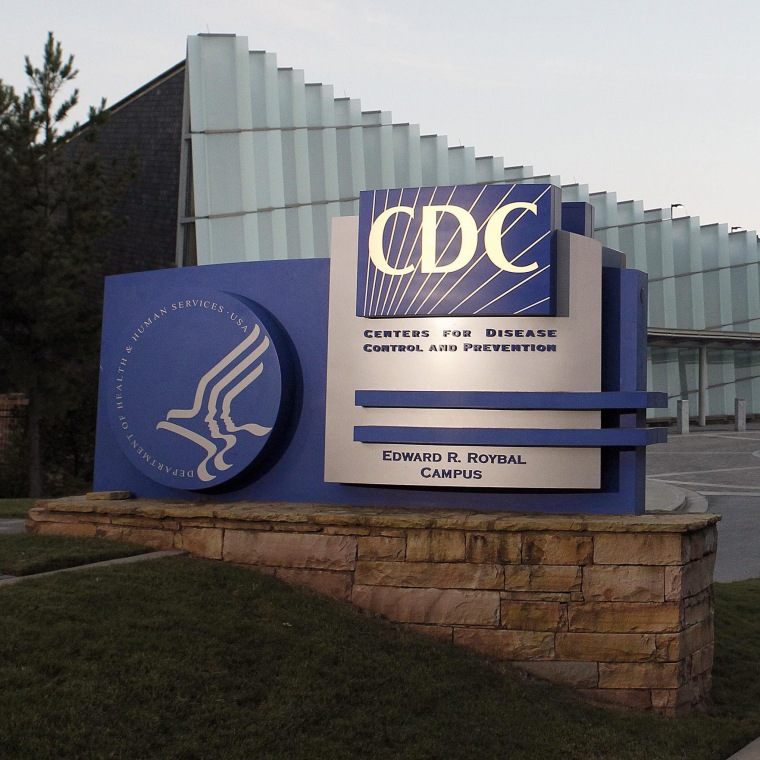At a White House press briefing late last week, a reporter reminded Donald Trump about the frequency with which he contradicts his own team, including his CDC director. "How is it that you don't trust your own experts?" the reporter asked. "Do you think you know better than they do?"
The president replied, "Yeah, in many cases, I do."
For those who care about actual expertise, it was an unsettling response. The idea that a former television personality trusts his judgment more than his own CDC director's, during a deadly pandemic, seems bizarre. And yet, in Republican circles, the sentiment is not uncommon.
It was also last week when House Minority Leader Kevin McCarthy (R-Calif.) said that when it comes to a COVID-19 vaccine timeline, he trusts Trump over CDC Director Robert Redfield.
Evidently, GOP voters are thinking along similar lines.
Americans' political affiliations could determine which source they trust for information about the coronavirus, with 51% of Republicans saying they trust President Trump over CDC scientists, according to a Quinnipiac poll out Tuesday. It's another indication of how partisan politics have consumed the national conversation about the virus, and how Trump's attacks on his own health officials have affected public opinion.
The poll found that among likely voters, 71% trust CDC scientists more than the Republican president, but among GOP voters specifically, 51% trust Trump over scientists.
For months, members of Team Trump have repeatedly undermined the independence of the Centers for Disease Control and Prevention. I've assumed that most of the public would see this as potentially dangerous politicization of science during a deadly public-health crisis; what I didn't fully appreciate is the fact that many Republicans would see this as a positive development.

